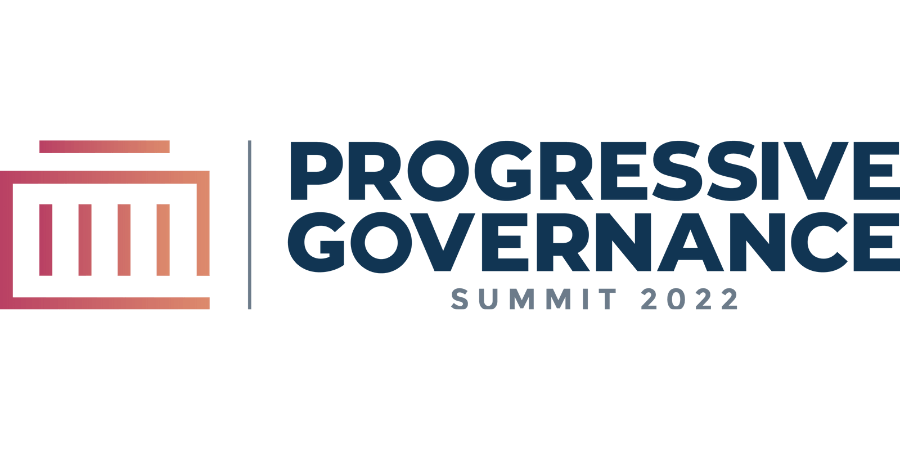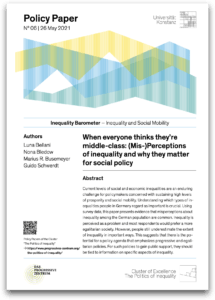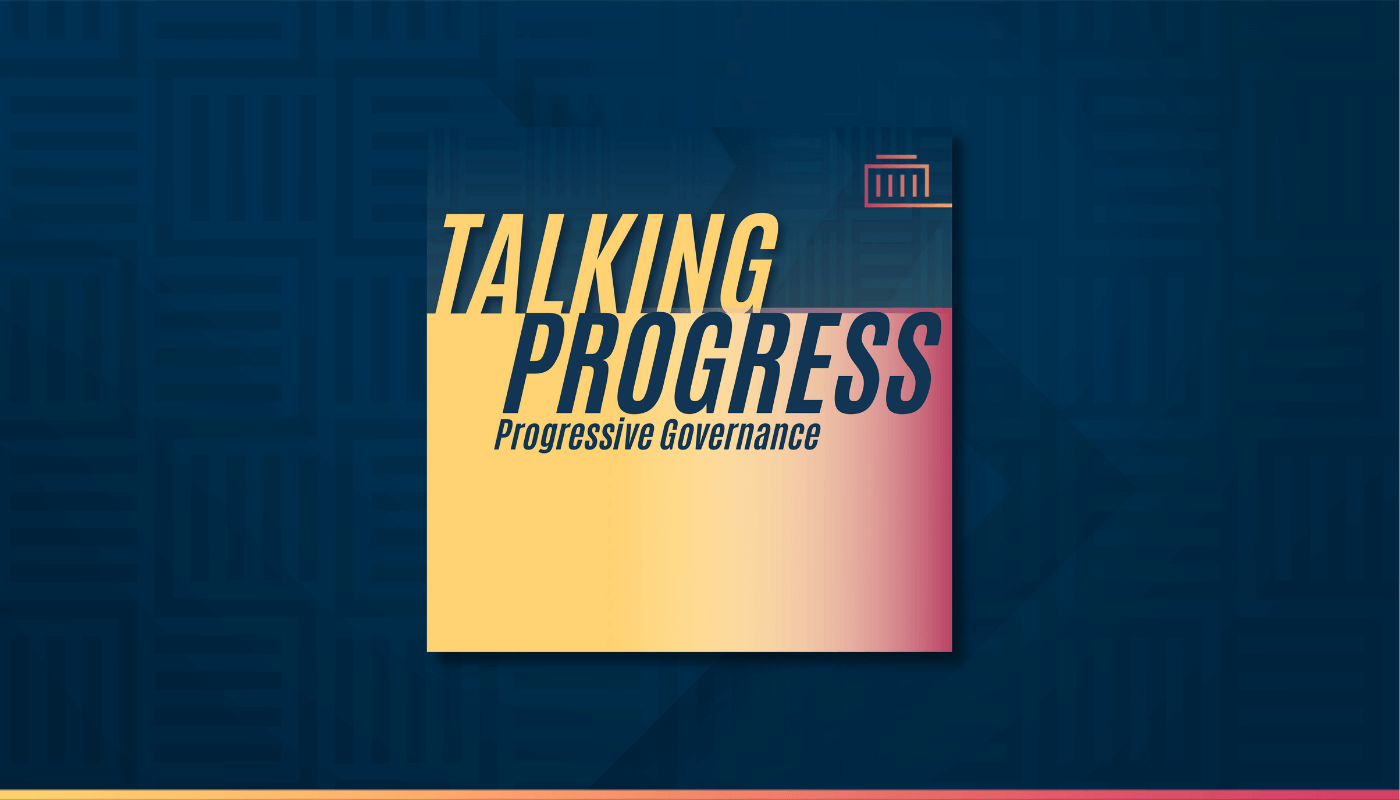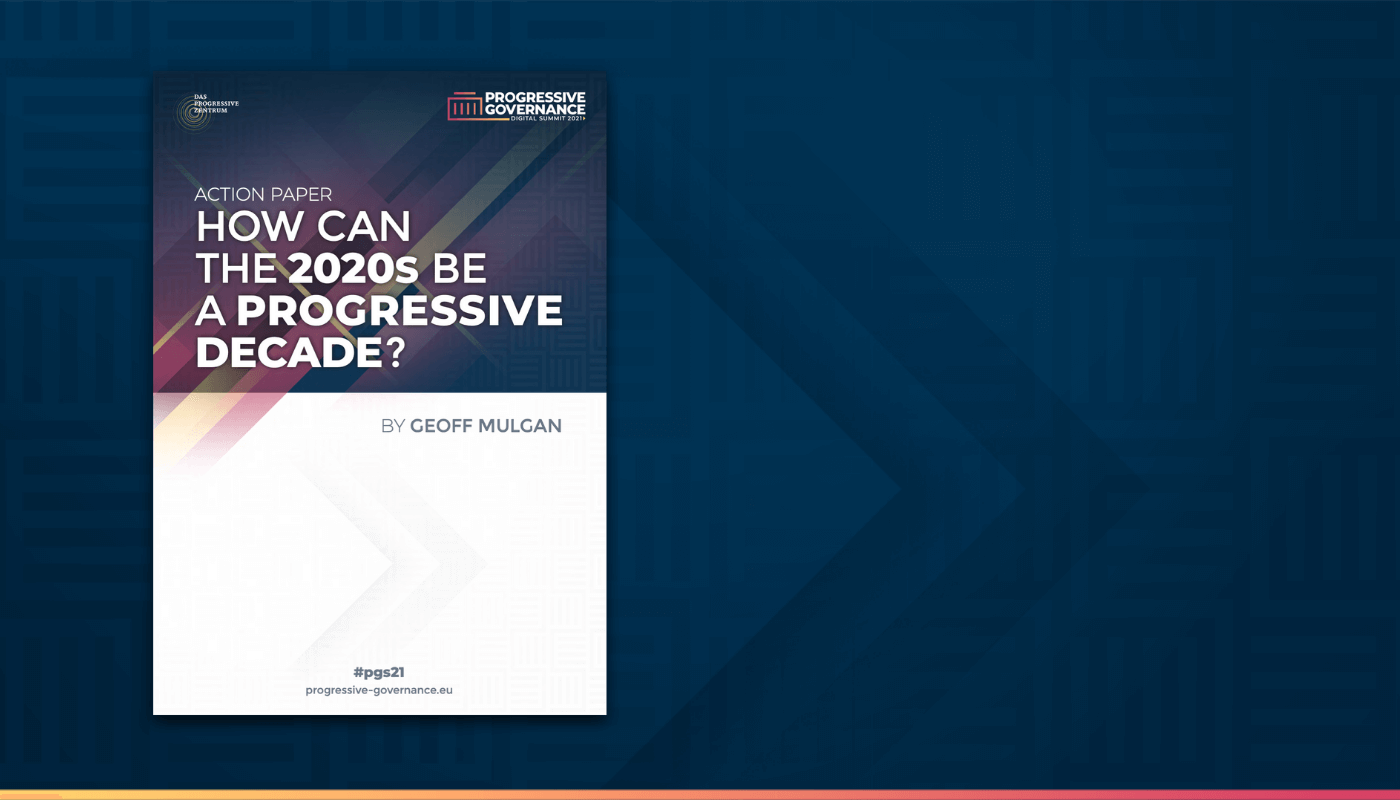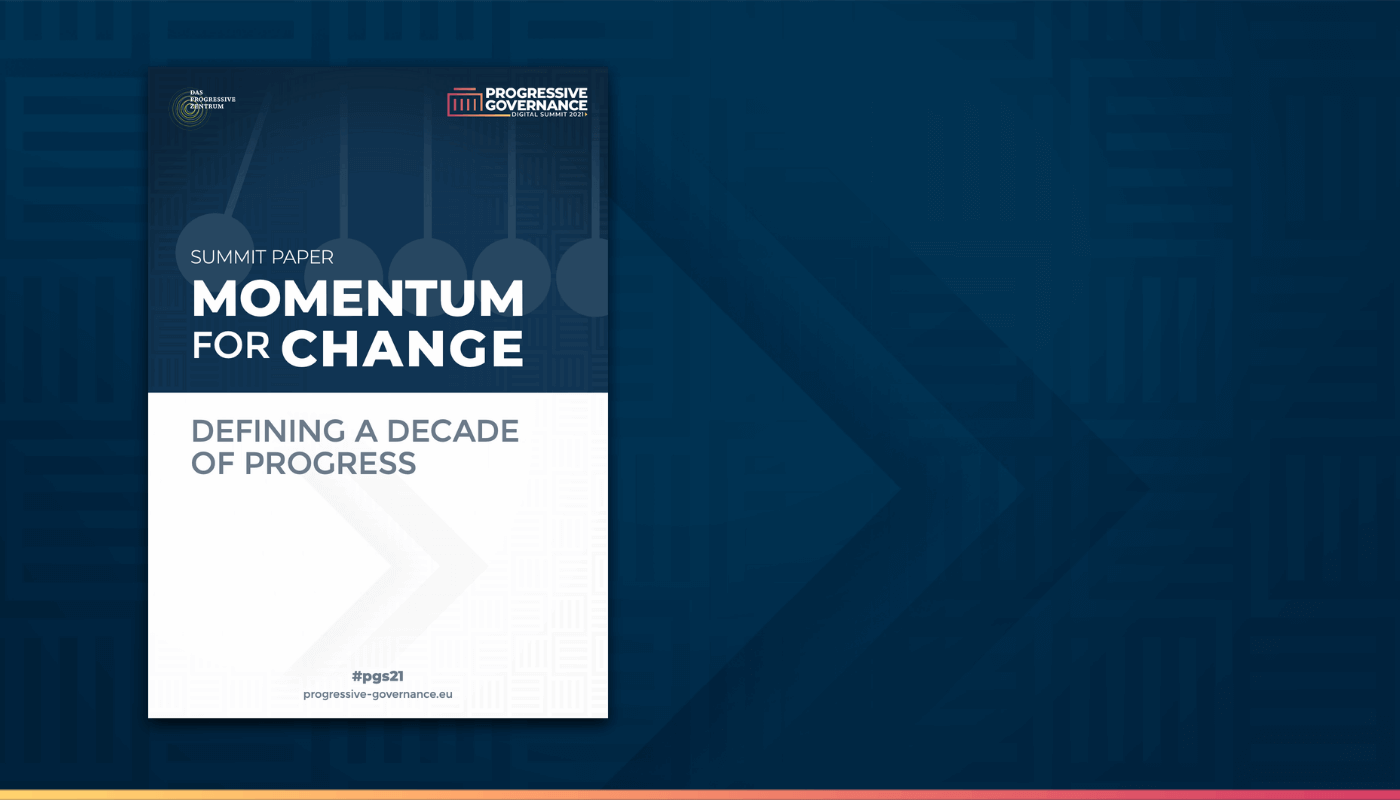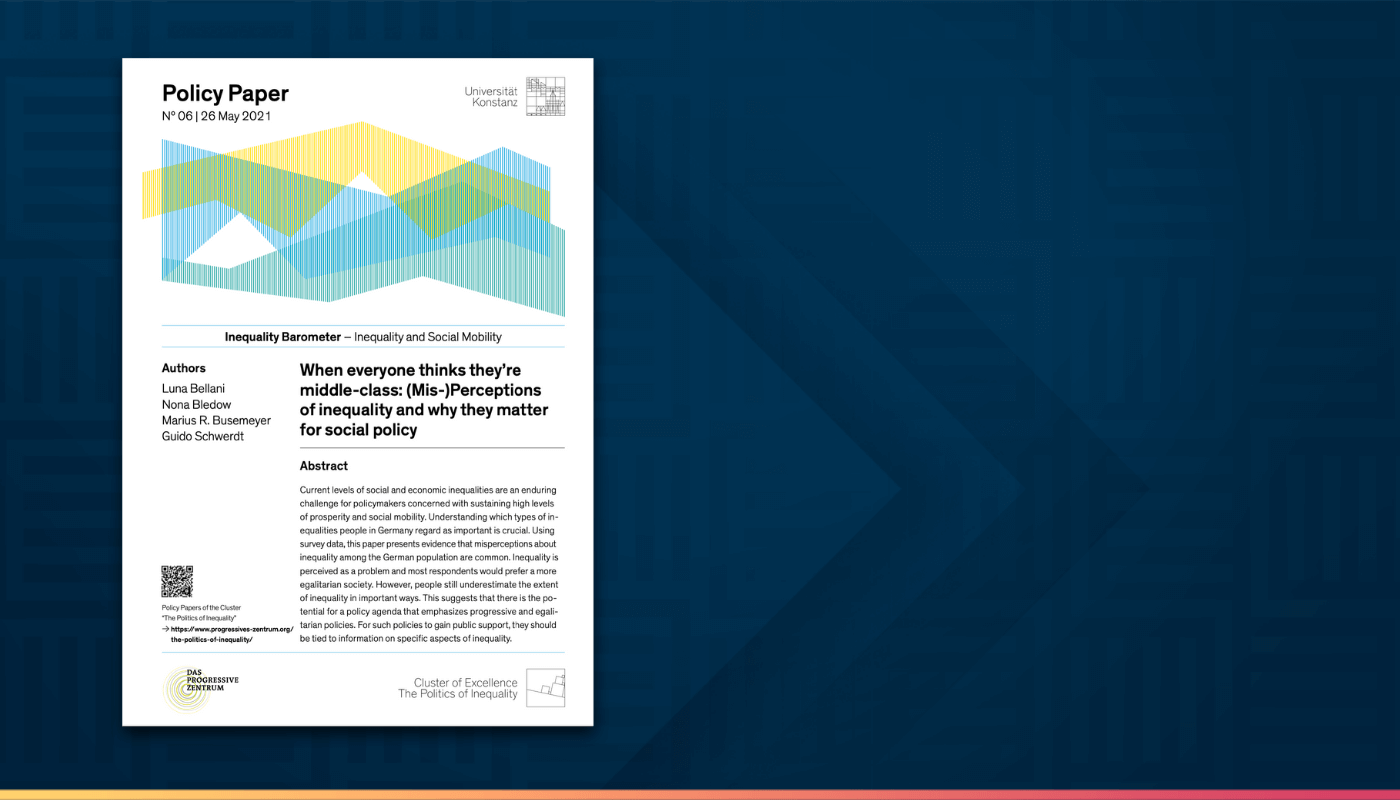
When everyone thinks they’re middle-class
(Mis-) Perceptions of inequality and why they matter for social policy
By Luna Bellani, Nona Bledow, Marius Busemeyer and Guido Schwerdt
Inequality is often misperceived in the German population. Using survey data, a new paper by the University of Konstanz in cooperation with Das Progressive Zentrum presents evidence for this claim. While inequality is indeed seen as a problem, its extent is underestimated in important aspects. Yet, large parts of the population support a more egalitarian society. This gives rise to the potential for a political agenda that strengthens progressive and egalitarian policies.
Inequality is a central political and social problem in Germany: Many people are increasingly concerned about the growing economic and social gap. In addition to income inequality, they are concerned about whether there are still sufficient opportunities for advancement and social mobility.
If inequality is a central problem for a majority of Germans, one would expect that the pressure on politicians to introduce more political measures against social disparities would also increase. But pressure has been limited and political reactions have so far remained modest in scope. One reason may be that people find it difficult to grasp the true extent of inequality. In this policy paper, the authors describe perceptions of different facets of inequality and social mobility. In doing so, they show how (mis-)perceptions of inequality affect the advocacy of measures to strengthen egalitarian policies.
Key Findings
-
- Social inequality is perceived as a problem and respondents would like to see a fairer distribution of wealth and income.
- The extent of inequality is being underestimated. Respondents thought they were closer to the middle in terms of their relative income than they actually are.
- Moreover, wealth inequality is underestimated compared to income inequality. It is perceived as smaller, although it is in fact about three times as large in Germany.
- The respondents generally consider the prospects of moving up the social ladder to be bleak: Respondents with lower incomes and lower levels of education see better opportunities for themselves than those with higher incomes and levels of education. In addition, the former also assess the extent of inequality as lower than respondents from privileged backgrounds.
The authors

Luna Bellani is an applied microeconomist and a Principal Investigator at the Cluster of Excellence “The Politics of Inequality” at the University of Konstanz, where she heads a research group.
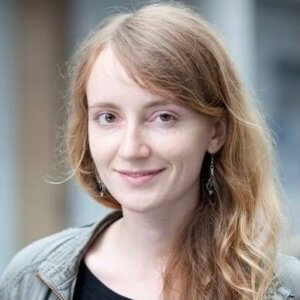
Nona Bledow is a political scientist and a researcher at the Cluster of Excellence „The Politics of Inequality“ at the University of Konstanz.

Marius Busemeyer is Professor of Political Science and Political Economy at the University of Konstanz and Speaker of the Cluster of Excellence “The Politics of Inequality”
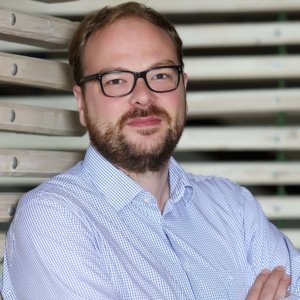
Guido Schwerdt is Professor of Public Economics at the University of Konstanz, and Principal Investigator and Board member at the Cluster of Excellence „The Politics of Inequality“ at the University of Konstanz.
About the cooperation
The study is part of a large-scale survey program of the Cluster of Excellence “The Politics of Inequality” of the University of Konstanz. With the help of the surveys, the researchers of the Cluster want to better understand how people in Germany deal with the social and political consequences of the Corona crisis.
More details on the selection of respondents and the data basis can be found on the website of the Cluster of Excellence “Politics of Inequality”. More information on the background of the cooperation between the Cluster and the Progressive Center, as well as on the other policy papers already published, can be found here (in German).
